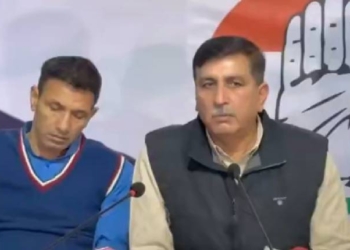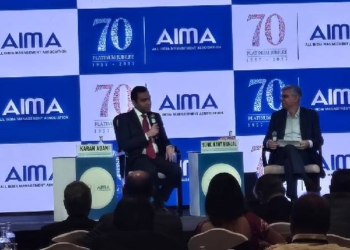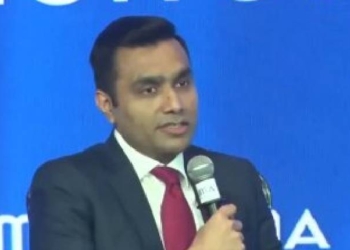New Delhi: Early April will be critical for market sentiment, with key economic data releases providing insights into global manufacturing, employment trends and economic activity, a report showed on Monday.
As April begins, the focus will shift to the United States, with the S&P Global Manufacturing PMI reflecting business sentiment and industrial output.
Auto companies will also release their numbers for the month of March.
“On April 2, India’s S&P Global Manufacturing PMI will indicate domestic manufacturing trends, while the US ADP Non-farm Employment Change report will provide a preview of private-sector job growth ahead of the official labour market data,” said Bajaj Broking Research in a note.
On March 31, China’s Chinese Composite PMI and Manufacturing PMI for March will offer insights into the country’s economic health, manufacturing activity, and demand trends, which could influence global markets, particularly commodities and industrial sectors.
On April 3, the ‘US Initial Jobless Claims’ report will be closely watched as a leading indicator of labor market strength and potential Federal Reserve policy implications.
The week will culminate with the US Non-farm Payrolls and Unemployment Rate data on April 4.
These figures will be crucial in assessing the labour market’s resilience and inflationary pressures, influencing Fed rate expectations and market volatility across equities, bonds, and currencies, said the note.
The markets will be driven by India-US tariff policy developments, the impact of US President Donald Trump’s announcement of a 25 per cent tariff on finished vehicle imports effective April 3 and US Fed Chair Powell’s speech.
Meanwhile, foreign investors continued their buying spree last week as well. Between March 24 and 28, foreign institutional investors (FIIs) invested Rs 17,426 crore, whereas domestic institutional investors (DIIs) invested Rs 6,797 crore in equities.
All eyes are now on the upcoming announcements to be made by the US on likely tariff curbs imposition and potential rate cut by the RBI in its review meeting.
(IANS)
















